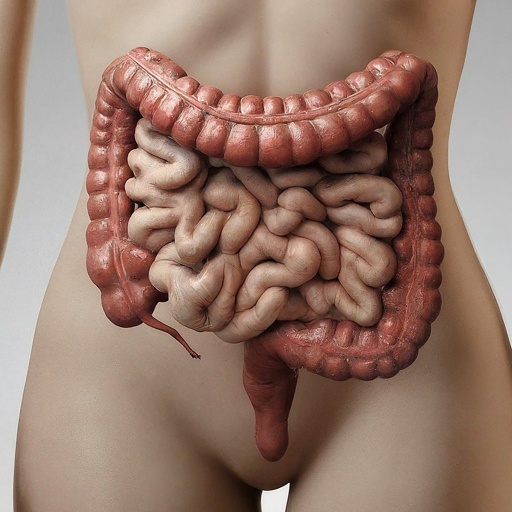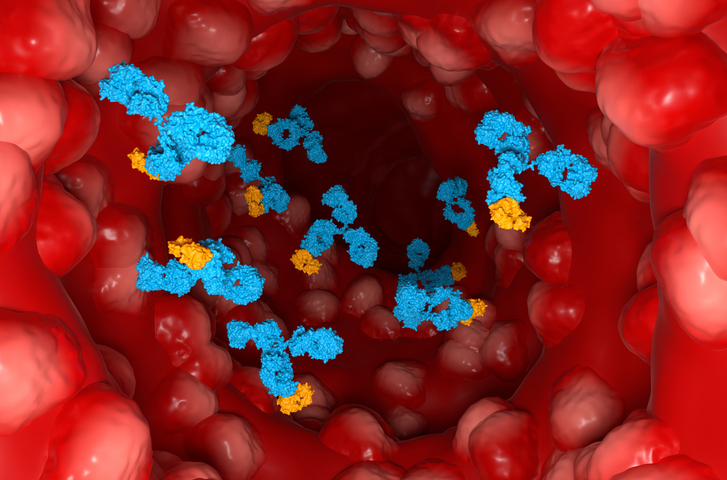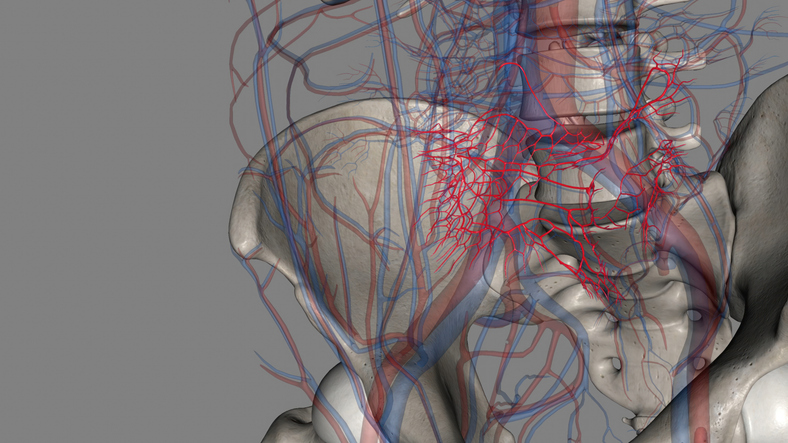
A novel landmark study has uncovered crucial insights into how antibiotic use increases the risk of inflammatory bowel disease (IBD). The findings, published in Science Advances, show that antibiotics interfere with the protective mucus layer in the intestine, a discovery that could reshape our understanding of antibiotic effects and IBD development, the researchers noted.
IBD, which includes Crohn disease and ulcerative colitis, affects approximately 1% of the global population and causes debilitating symptoms. Despite ongoing research, the exact causes of IBD remain unclear. However, as the researchers further noted, previous studies have indicated a link between antibiotic use and an increased risk of developing IBD.
In this study, researchers used advanced techniques such as RNA sequencing, machine learning, and mucus secretion measurement to assess the impact of antibiotics using mice models. The study showed that antibiotics hinder the secretion of protective mucus, leading to bacterial infiltration, systemic bacterial antigen replication, and ulcer development.
“We have discovered that antibiotic use actually damages the protective mucus layer that separates the immune system in the gut from the microbiome,” said Dr. Shai Bel of the Azrieli Faculty of Medicine of Bar-Ilan University via a press release. “This finding shatters the paradigm that antibiotics harm only bacteria and not our own cells.”







 © 2025 Mashup Media, LLC, a Formedics Property. All Rights Reserved.
© 2025 Mashup Media, LLC, a Formedics Property. All Rights Reserved.